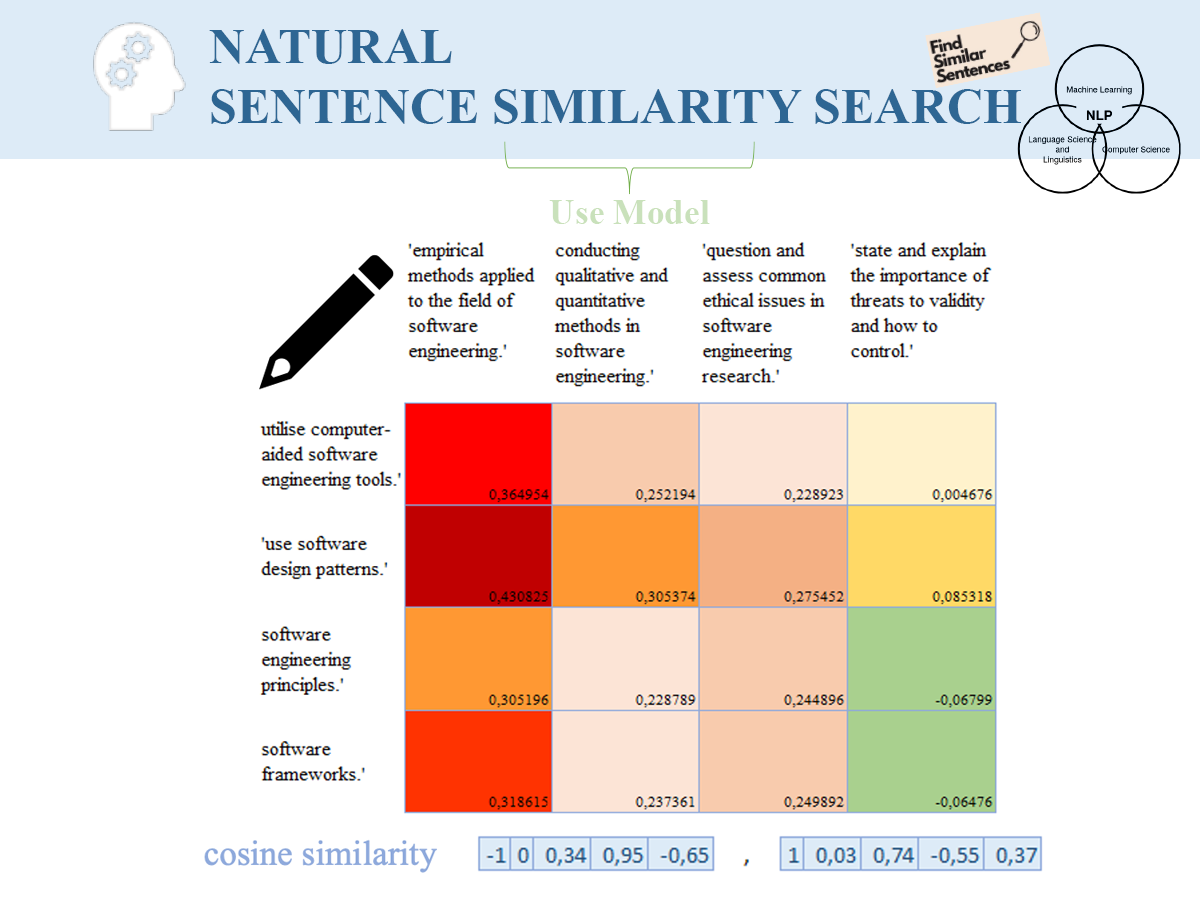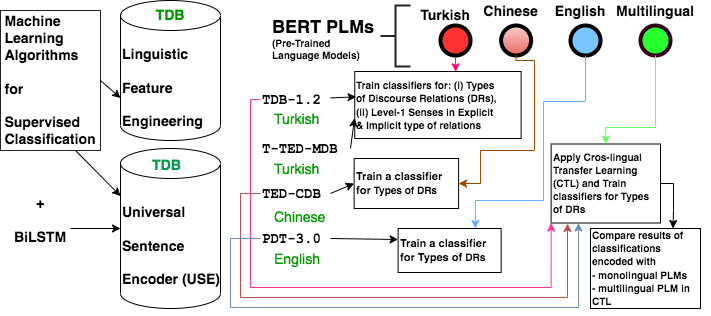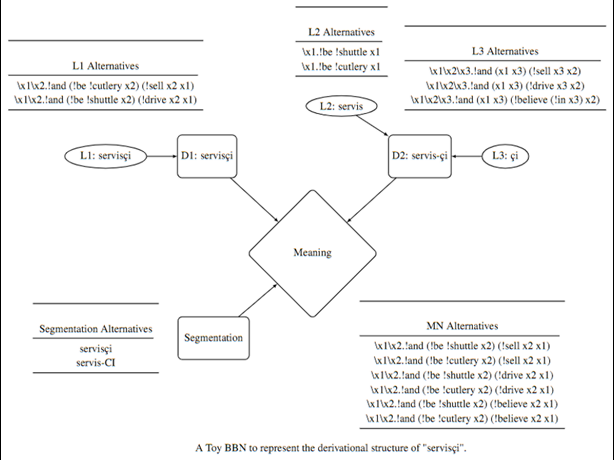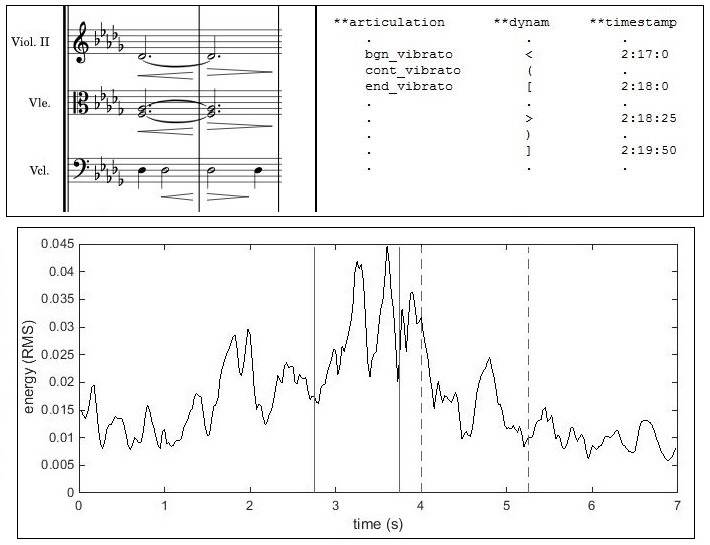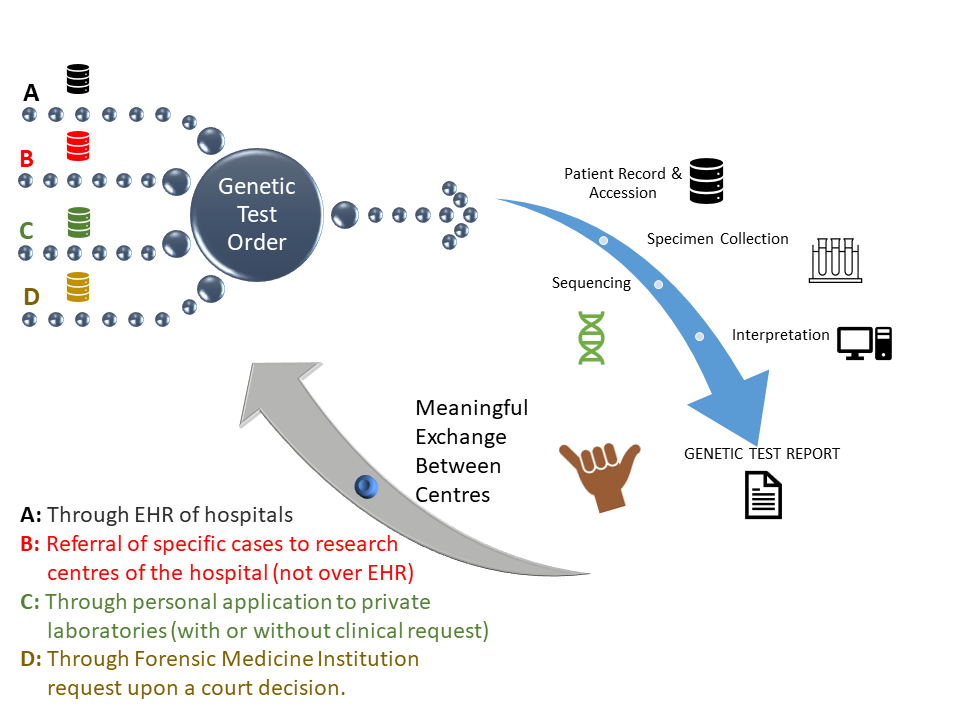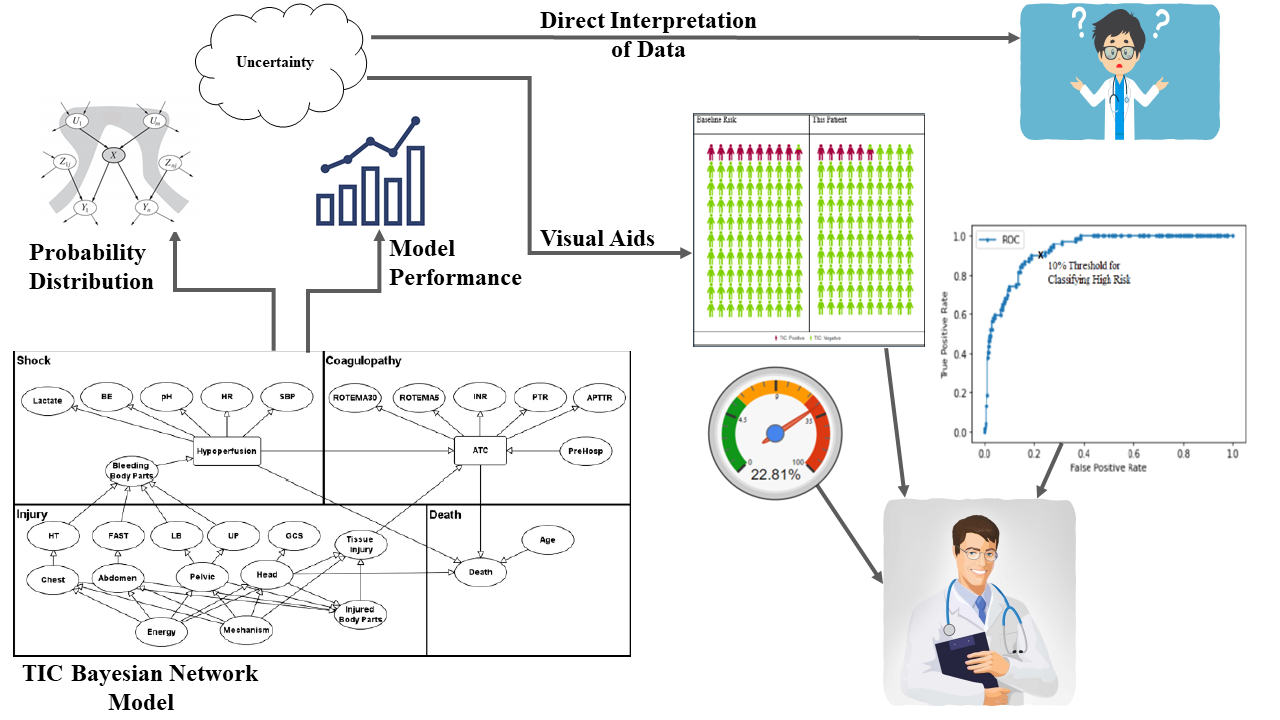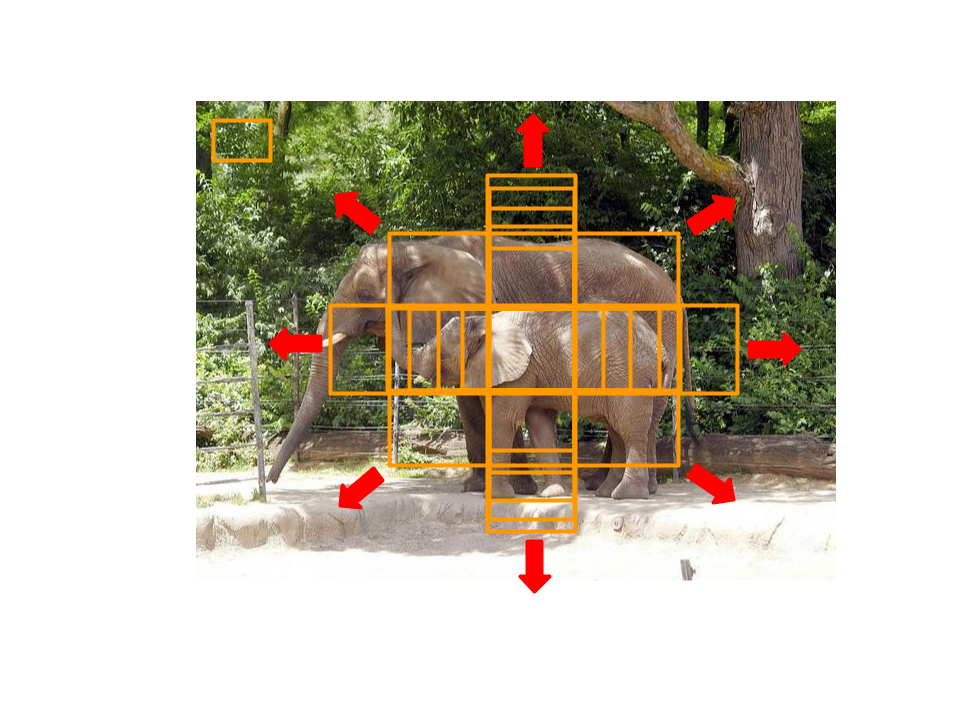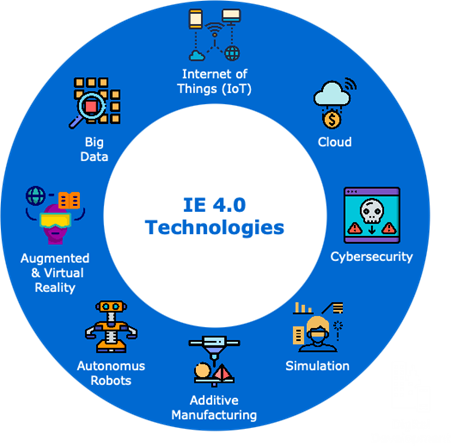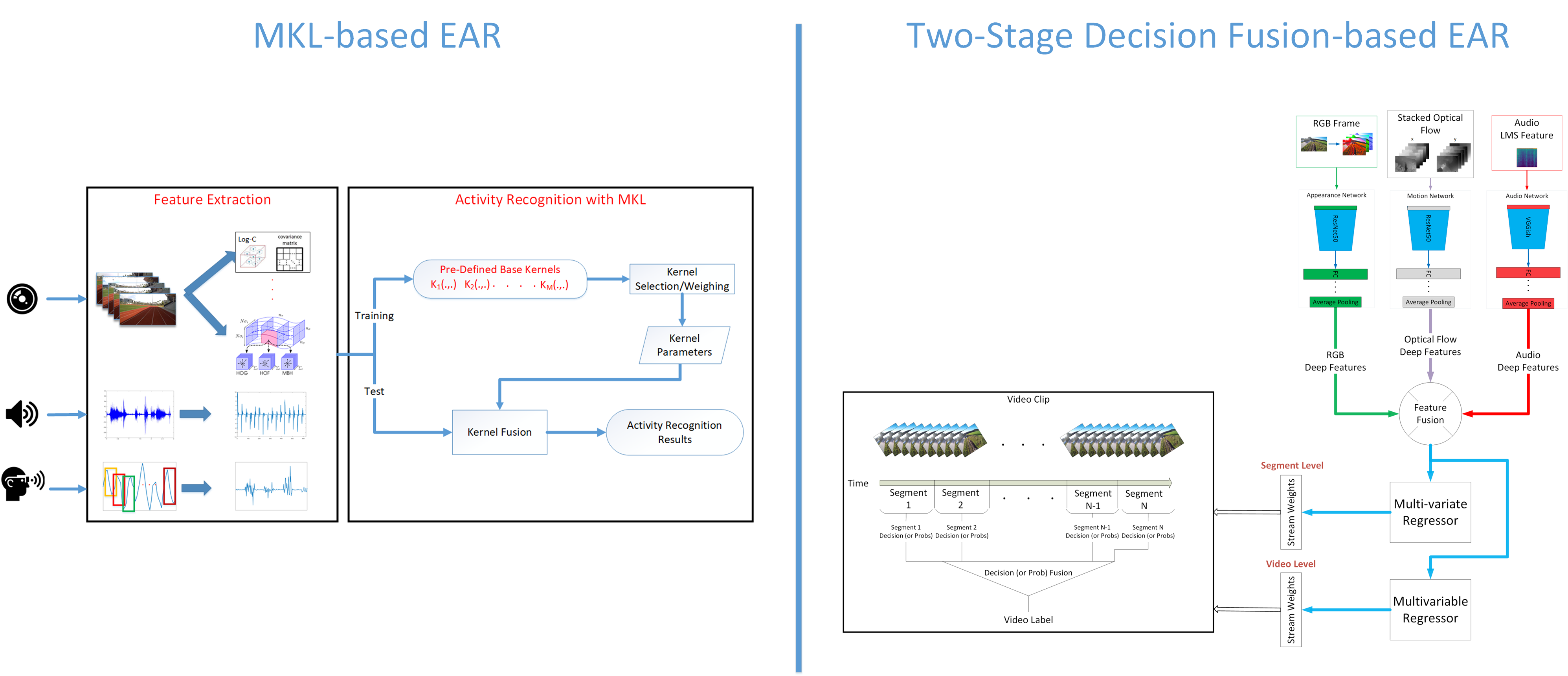Gülşah Kargın Aslım, Assessment for Identifying Skills Gaps in Higher Education High Performance Computing Related Programs
The goal of this thesis is to evaluate the skills mismatch in the curricula of HPC MSc's programs for some of the most relevant positions in the HPC areas in light of the ESCO database criteria and industry requirements. The four separate profiles "Data Science, Computer Architecture, Parallel Programming, and DevOps" that are thought to be crucial in HPC are the focus of this research. The methodology of this contribution explicitly examines the key responsibilities for the aforementioned positions and conducts a gap analysis based on Natural Language Processing (NLP) techniques for the competencies required for each in the MSc degree curriculum. The goal of applying NLP is to determine the degree to which the occupational skills stated in the ESCO and the HPC graduate courses’ syllabuses are semantically similar, as well as the level at which they overlap.
Date: 16.01.2023 / 13:00 Place: B-116
